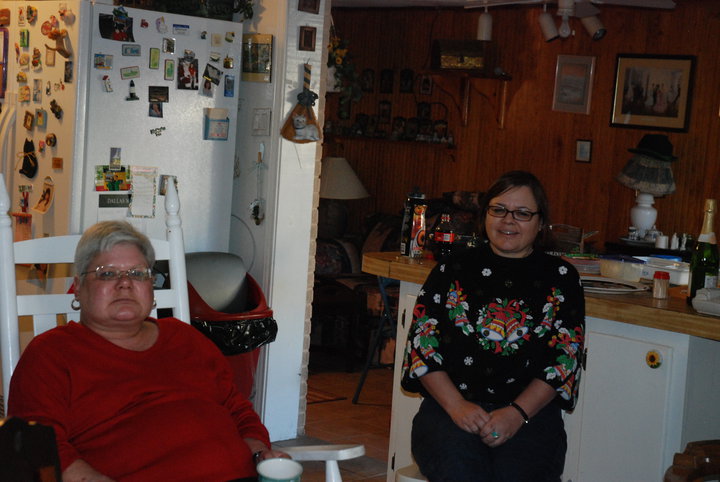
Recently I taught a CEU class for social workers. I decided to explore the topic of Grief for several reasons. First of all, I have had my share of grief, as most of us have. Second, I am working as a hospice social worker, so I deal with grief every day. And grief is something that we all want to learn how to cope with better. We want to know what to say to those who are grieving to make them feel better.
It is in our nature to want to make people feel better when they grieve. The more I study about grief, the more I realize that 1) there is no “cure”, 2) it cannot be “fixed”, 3) every grief is different and every griever is different, 4) there is no fixed time period for healing from grief, 5) it is helpful to know the stages of grief so we can understand it better, but we don’t go through those stages in order and we repeat the stages off and on throughout our lives, and 6) there is no magic bullet for helping people who are grieving.
But the most important thing to know about grieving, is that it is a NORMAL response to a loss. The goal is not to stop grieving, that’s impossible. The goal is to learn to cope and to adjust to a new way of life. Joy will come again, but not because the grief will be gone, rather joy will come because we will continue to live life, and life is a combination of joy and suffering.
As a person in the healing profession, I want to help people to stop hurting. While this isn’t always possible, there are some steps we can take to help us to help ourselves or to help others.
My sister died 9 years ago. It’s hard to believe it has been that long. Her diagnosis of breast cancer seemed to go by in a blur. She had surgery to remove the tumor, it was malignant. We knew she was getting chemotherapy. But she was living her life, going to work, and since I didn’t see her every day, I didn’t see what was really going on with her. Tracy was a very private person, so I didn’t get a chance to learn how she really felt. I tried spending extra time with her. Knowing that she was missing some work, I started taking her grocery shopping once per week to help out financially. Tracy loved that. She would pick out the most expensive things. She didn’t know how to buy meat because she didn’t cook, so her boyfriend Rodney told her what to buy next time. We stood in the long lines at Wal Mart and spent what I hope was quality time together.

We thought things were ok for awhile, until it wasn’t. Tracy went in and out of the hospital for a few days at a time. I’d stop in to see her on my lunch hour. One day she was sitting on the sofa in her hospital room and she said “I am not moving until they let me go home.” She was “on strike.” They did let her go home. A few weeks later, she was back in the hospital again. We expected the same routine. This time, the doctors called a family meeting. Tracy is not getting better, they said. We need to switch to hospice care. The last words she said to me that made any sense were “I’m so scared.” Then she screamed for 3 days. Finally, the medication they gave her helped to calm her down. One night I said “You were a great sister, Tracy.” The next day she died.
Who has time to grieve after someone dies? There are other relatives who are grieving who need to be comforted, arrangements need to be made, a succession has to be set up and executed. Busy busy busy. Time goes by. Last night I felt so sad for Tracy. 9 years later. I wonder if she felt fear as she faithfully showed up for her chemo treatments. I wonder if she knew we were worried about her and cared about her. I wonder if she knew she was loved. (Tracy did have amazing support from her partner, Rodney).
One of the symptoms of grief can sometimes be guilt. Guilt takes on many forms. Tracy was the baby of the family, why did she have to go first? I was the big sister, why am I still here? I teased my sister mercilessly. I saw that as my job as a big sister. Did she know I loved her? I feel as though I didn’t really say goodbye, because we all lived with the hope that she was going to get better.
Grief waxes and wanes, it comes and it goes, and even several years later it can return. This is not something to be feared. Grieving means we are living. Life consists of suffering. If we have no one to grieve, then we are not living enough. Loving people leads to grief, whether we lose them to death, breakups, divorce, disagreements, betrayals or for whatever reason.
It occurred to me that it there is one way for a physician to heal thyself. As I was experiencing these feelings of grief about Tracy, I remembered an exercise that I came across while I was researching materials for the class. It was to write a letter to the person that you miss. In that letter, say these 5 things (from the book Grieving Mindfully by Sameet M. Kumar):
- I’m sorry. Tracy, I wish I had been there more for you. I am sorry for teasing you all of the time. I’m mostly sorry that we didn’t talk about your cancer and how you felt about it.
- I forgive you. For those times when we didn’t feel particularly close or when you wanted to create some distance for whatever reason.
- I love you. You were the one who wanted all holidays to be special and we had to follow the rules that you set. You set the menus for every meal and mom even made a separate batch of cornbread dressing just for you! You always made us laugh a lot (either intentionally or unintentionally).
- Thank you. For always watching my cats when I traveled. For being so dependable. For being the one who showed up with the broom and mop when I had my surgery to help around the house.
- Goodbye. Until we meet again.
If you are feeling the loss of the loved one, if you feel that there is any unfinished business, maybe this exercise will help you too. Even if you don’t write every step, think them through in your mind. I did this (in more detail than what I wrote here) and it really helped.